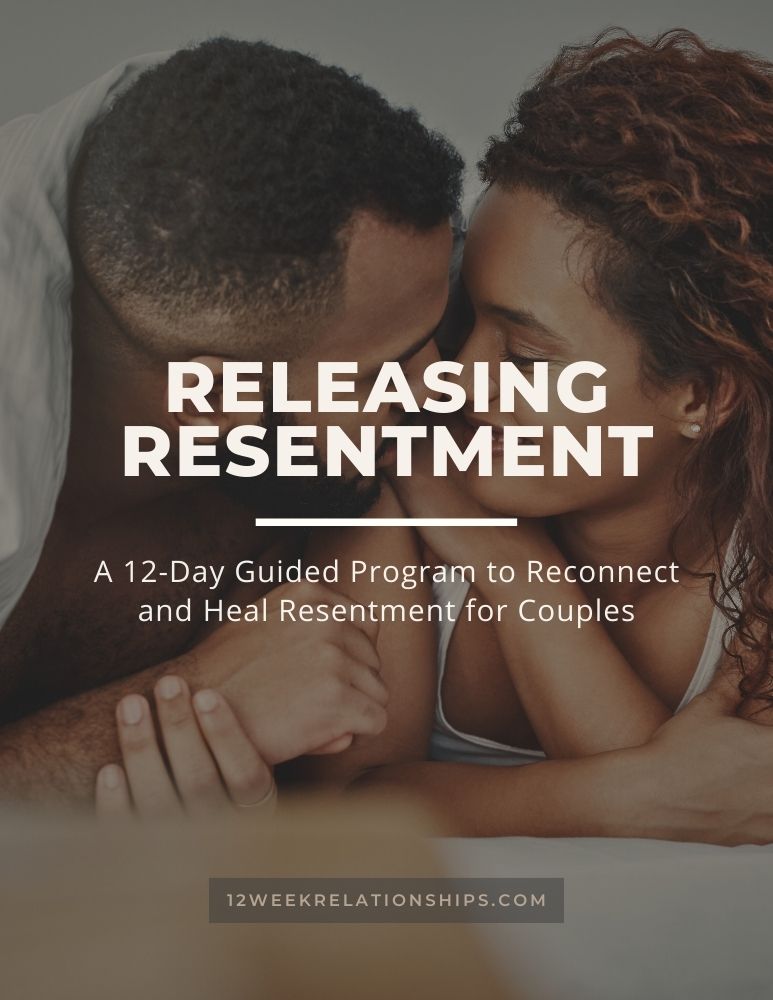In relationships, trust, loyalty, and emotional connection are vital components for a healthy and fulfilling bond. However, sometimes lines can be blurred, and emotional cheating can enter the picture, causing significant damage. Emotional affairs can be just as detrimental as physical infidelity, as they involve forming deep emotional connections with someone other than your partner. In this article, we will explore what emotional cheating is, how to identify emotional affairs, and steps to recover from them.
Understanding Emotional Cheating
Emotional cheating occurs when a person establishes a strong emotional connection with someone outside of their committed relationship. While it may not involve physical intimacy, emotional affairs often involve sharing intimate thoughts, dreams, and feelings that should be reserved for the primary partner. Emotional cheating involves confiding in another other person, seeking validation, and experiencing a romantic attraction that goes beyond friendship. It is the emotional crossing of an intimate relationship because it is often the reflection of what is not being experienced at home.
Identifying Emotional Affairs
Recognizing the signs of emotional affairs is crucial for addressing and resolving the issue. Here are some indicators that emotional cheating may be occurring:
1. Emotional Withdrawal: If your partner becomes emotionally distant, shows a lack of interest in your life, or starts withholding their emotions, it could be a sign that they are seeking emotional fulfillment elsewhere.
2. Increased Secrecy: If your partner becomes secretive about their interactions, hides messages or phone calls, or guards their privacy more than usual, it may indicate that they are engaged in an emotional affair.
3. Excessive Time and Attention: If your partner is consistently spending a significant amount of time with someone else, whether in person or through frequent communication, it may be a cause for concern.
4. Heightened Emotional Intimacy: Emotional affairs involve a deep emotional connection. If your partner shares personal details, dreams, or intimate thoughts with someone outside the relationship, this is a strong warning sign.
5. Loss of Intimacy: Emotional affairs can lead to a decline in physical intimacy within the committed relationship. If your partner is emotionally invested elsewhere, they may become less interested in maintaining a physical connection with you.
Recovering from Emotional Affairs
Recovering from emotional affairs is a challenging process that requires commitment, honesty, and open communication from both partners. It also involves individual accountability of honestly identifying where the emotional connection was lost in this relationship. Here are some steps to navigate the recovery process:
1. Acknowledge and Validate Feelings: Each partner needs a safe space to express their emotions, including anger, hurt, and betrayal. The partner involved in the affair should acknowledge and validate any feelings from their partner and take full responsibility for their actions.
2. Open and Honest Communication: Both partners must engage in open and honest communication to address the emotional affair. The partner involved should explain their motivations and reasons behind the emotional infidelity, while their partner should express their pain and concerns. This will naturally open the door to discuss where and why intimacy became lost within this relationship.
3. Set Boundaries: Establish clear boundaries within the relationship to prevent future emotional affairs. This may include setting guidelines for appropriate communication with others and being transparent about interactions. Boundary setting goes beyond just correcting wrongs, but it is more about identifying and maintaining real intimacy within the relationship.
4. Rebuild Trust: Rebuilding trust takes time and consistent effort. The partner involved needs to demonstrate trustworthiness through their actions, being accountable and reliable. Their partner should be open to trusting again, albeit cautiously. It is also important for the partner who was cheated on to be accountable for where they may not have been emotionally available themselves. This level of accountability does not negate or excuse what has been done to you, but it opens the door for you and your partner to really grow from this experience.
5. Seek Professional Help: Emotional affairs can be complex, and seeking the guidance of a professional therapist or counselor can be immensely beneficial. A trained professional can facilitate healing, guide discussions, and provide tools for rebuilding the relationship.
6. Focus on Self-Care: Both partners should prioritize self-care during the recovery process. Engage in activities that promote emotional well-being, such as exercise, therapy, meditation, and spending time with supportive friends and family. This simple actions lead to amazing results on the journey to healing.
7. Reinforce the Relationship: Engage in activities that strengthen the emotional bond within the committed relationship. Plan regular date nights, engage in shared hobbies, and express love and appreciation for each other. This is where the rekindling of the relationship begins again.
Remember, recovering from emotional affairs takes time, patience, and effort from both partners. It is essential to address the underlying issues that led to the emotional infidelity and work together to rebuild trust and emotional connection.
Moving Forward
Emotional affairs can be devastating to relationships, but they can also serve as a wake-up call to reevaluate and strengthen the bond between partners. By identifying emotional cheating, acknowledging the pain, and taking proactive steps towards recovery, it is possible to rebuild trust and create a healthier, more fulfilling relationship. With open communication, commitment, and professional guidance if needed, couples can overcome emotional affairs and emerge stronger than before. In fact, it can become a blessing in disguise.











